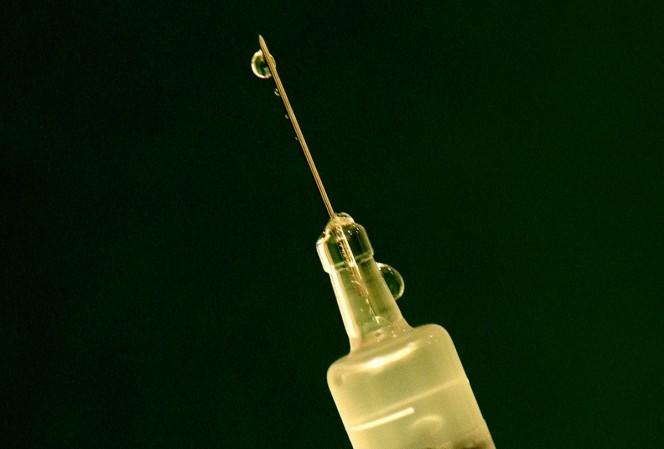
RTS,S is the world's first vaccine for malaria and has the potential to save almost half a million lives globally every year. The vaccine has been developed over a period of 30 years by British pharmaceutical giant GlaxoSmithKline in coordination with non-profit organisation PATH. It controlled the mosquito-borne disease during phase trials conducted in Africa between 2009 and 2014.
"The malaria vaccine has the potential to save tens of thousands of children's lives," said WHO Director-General Dr Tedros Adhanom Ghebreyesus. Around 360,000 children under five years of age in three African countries - Kenya, Ghana and Malawi - will be vaccinated with RTS,S.
African countries are the most severely hit by Malaria which claims the lives of 250,000 children every year. Malawi has already started vaccinating its children while the health ministries in Kenya and Ghana will soon decide the vaccination schedule in coordination with the WHO.
"Malaria is a constant threat in the African communities where this vaccine will be given. The poorest children suffer the most and are at highest risk of death," said Matshidiso Moeti, WHO Regional Director for Africa. She added that the vaccines are extremely beneficial to those population groups who have no immediate access to healthcare facilities and hence need preventive measures from severe illnesses.
"This is a day to celebrate as we begin to learn more about what this tool can do to change the trajectory of malaria through childhood vaccination," she said.
Why has malaria made a strong comeback post-2015?
Over the years, conventional preventive tools, including using bed nets, pesticides, insecticides and mosquito repellants. have helped control the life-threatening disease. There was a 62 per cent reduction in malaria-related deaths from 2000 to 2015 owing to these measures. However, over the past few years, the number of cases and deaths have spiralled from 217 million in 2016 to 219 million in 2017.

Experts opine that the slow comeback that malaria is making globally is due to female mosquito Anopheles developing resistance against previously used sprays, drugs and other treatments. Over the years, the efficacy of the drugs has reduced and hence, the addition of new control measures is considered extremely important.
The WHO acknowledges the same and says that the new vaccine will be an additional tool in the fight against malaria. "But it is very important to bear in mind that 40 per cent protection in the most endemic part of the world, Africa, is better than no protection at all. Ultimately, this is the only vaccine that has some efficacy that we currently have and has taken decades to develop, this is in itself good news," Alena Pance, a senior staff scientist at the Wellcome Trust Sanger Institute, told CNN.










